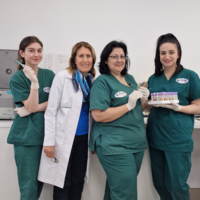We Provide American Medical Standards World Class Medical Staff State of the Art Facilities Prestigious Medical Services Cutting Edge Technologies Patient Centeredness
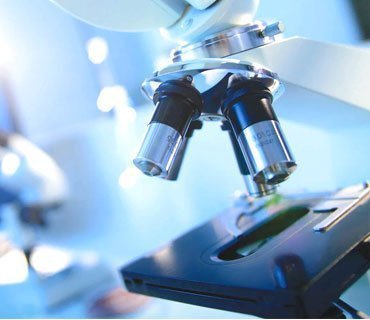
Microbiology
Microbiology deals with unicellular, multicellular, or acellular microorganisms. It encompasses numerous sub-disciplines including virology, bacteriology, protistology, mycology, immunology and parasitology. This field of study is essential for identifying how microorganisms cause diseases and how they can be cured.
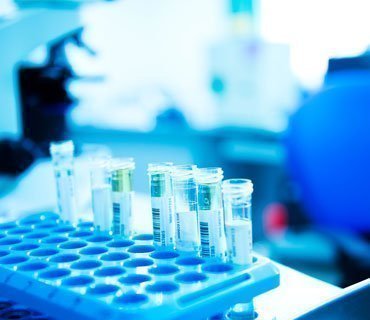
Clinical Biochemistry
Clinical Biochemistry is the division of laboratory medicine that quantifies the level of chemicals (both natural and unnatural) in the blood, urine and other bodily fluids. These test allow for effective detection of health problems, determining a prognosis and guiding the course of therapy of a patient.
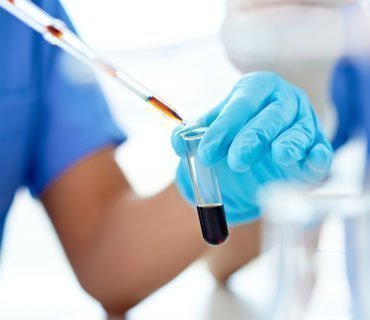
Hematology
Hematology is the branch of medicine concerned with the study of the cause, prognosis, treatment, and prevention of diseases related to blood. It conducts tests on the blood, blood proteins and blood-producing organs, such as blood and bone marrow cells. These tests can diagnose a plethora of infections and diseases including anemia, hemophilia and leukemia.
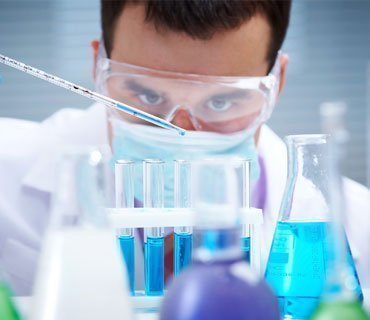
Coagulation
Coagulation measures your blood’s ability to clot, and how long it takes to clot. Clotting is what prevents excessive bleeding when you cut yourself. This test allows your physician to assess your risk of excessive bleeding or developing clots (thrombosis)
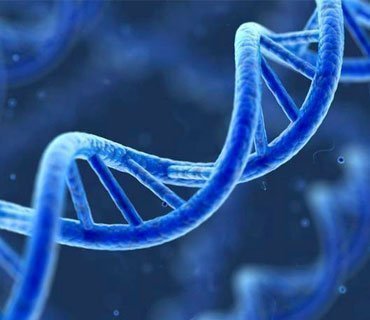
Immunology
An immune system is what shields us from catching an infection. Immunology is a branch of biology that deals with the proper function of the immune system, by measuring the amount of infection-fighting proteins (immunoglobulin) in the blood, essentially indicating if there are any immune system defects.
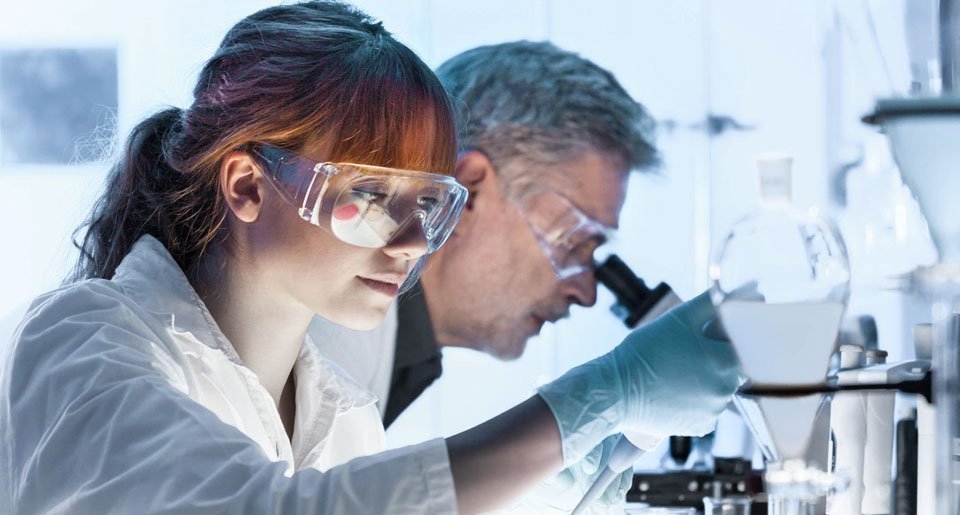
Endocrinology
Endocrinology is a branch of medicine that encompasses the endocrine system, its diseases, and specific secretions (hormones). Endocrinology tests analyze samples of blood, urine or body tissue to diagnose endocrine conditions and monitor for potential side effects. In simpler terms, it aims to restoring a normal hormonal balance in a patient's body.
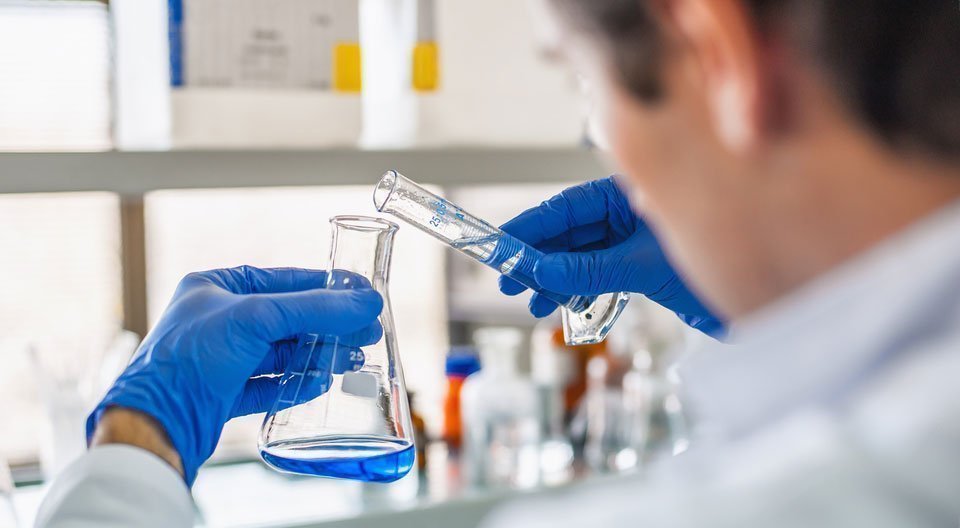
Serology
Serology is the scientific study of identifying any signs of antibodies or proteins found in the blood that may fight-off infections and diseases. These examinations have a long history of successfully diagnosing many infectious diseases including HIV, syphilis, and viral hepatitis.
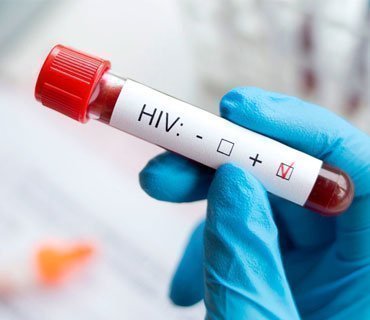
Drug Levels
Therapeutic drug monitoring (TDM) is a clinical examination which measures the amount of certain medicines and/or drugs in your blood. It is done to make sure the amount of medicine you are taking is both safe and effective.
Certifications – Accreditations:

Quality Management
Information Security
Health
& Safety







